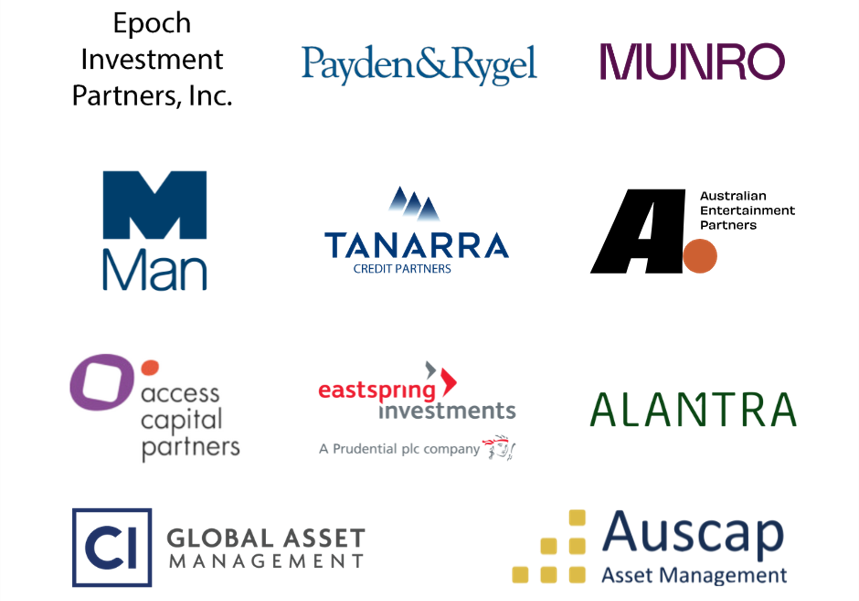GSFM

Since 2007, GSFM has been at the forefront of independent funds management across Australia and New Zealand. Recognised for our curiosity, conviction, and commitment to uncovering opportunity. Our purpose is to explore what’s next: partnering with exceptional investment managers to bring distinctive, high-quality strategies to investors.
We collaborate with high-calibre managers who demonstrate expertise, discipline, and a proven ability to deliver sustainable outcomes. Every partnership is carefully chosen — guided by deep due diligence and a focus on strategies that add genuine value to retail, wholesale, Family Office and institutional investors.
GSFM currently partners with eleven specialist investment managers, including US-based Epoch Investment Partners (TD Epoch) and Payden & Rygel, London-based Man Group, Canadian-based CI Global Asset Management, European-based Access Capital Partners and Alantra, Singapore-based Eastspring Investments, and Australian-based Munro Partners, Auscap Asset Management, Tanarra Credit Partners, and Australian Entertainment Partners.
Together, these partnerships span a spectrum of asset classes — including Australian and global equities, Asian equities, global fixed income, emerging markets, private markets, and alternatives — offering investors depth, diversity, and access to global expertise.

See www.gsfm.com.au for more information.